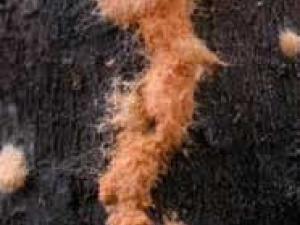

Research Bio
The J. Taylor Lab studies the pattern and process of fungal evolution. They started by studying the pattern of evolution in terms of species and populations and now have begun to study the process. Their long term goal is to make fungi the best models for evolutionary biology. They focus on the key evolutionary event that forms the tree of life: speciation. Recently they have documented species divergences, compared phylogenetic and biological methods of species recognition, addressed the timing of species divergence, and evaluated selection acting on potentially adaptive genes. Now, they are using genetics and genomics to find genes that maintain species and facilitate adaptation.
See lab site for most recent publications and Google Scholar for a comprehensive list of publicatioins.
Research Expertise and Interest
evolution, fungi, phylogenomics, mycology, population genomics, ecology
In the News
Bread mold genomes demo 'reverse-ecology'
In a demonstration of “reverse-ecology,” UC Berkeley biologists have shown that one can determine an organism’s adaptive traits by looking first at its genome and checking for variations across a population. The study offers a powerful new tool in evolutionary genetics research, one that could be used to help monitor the effects of climate change and habitat destruction.

